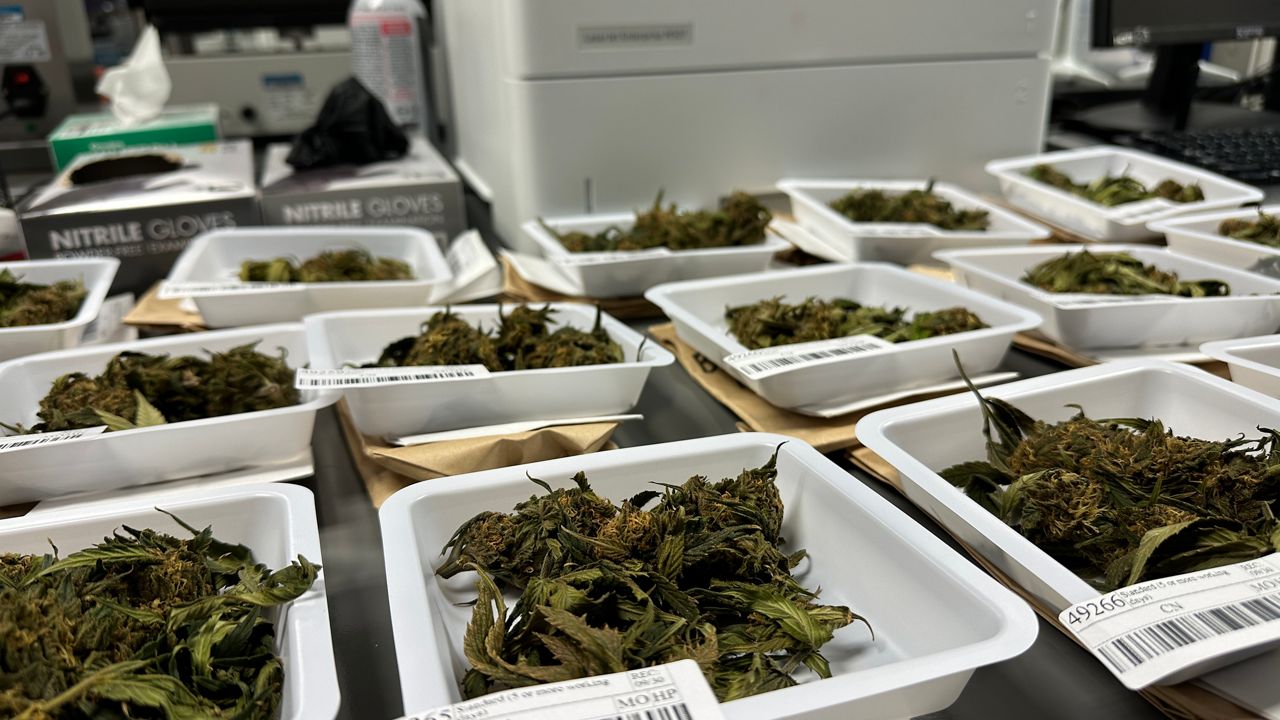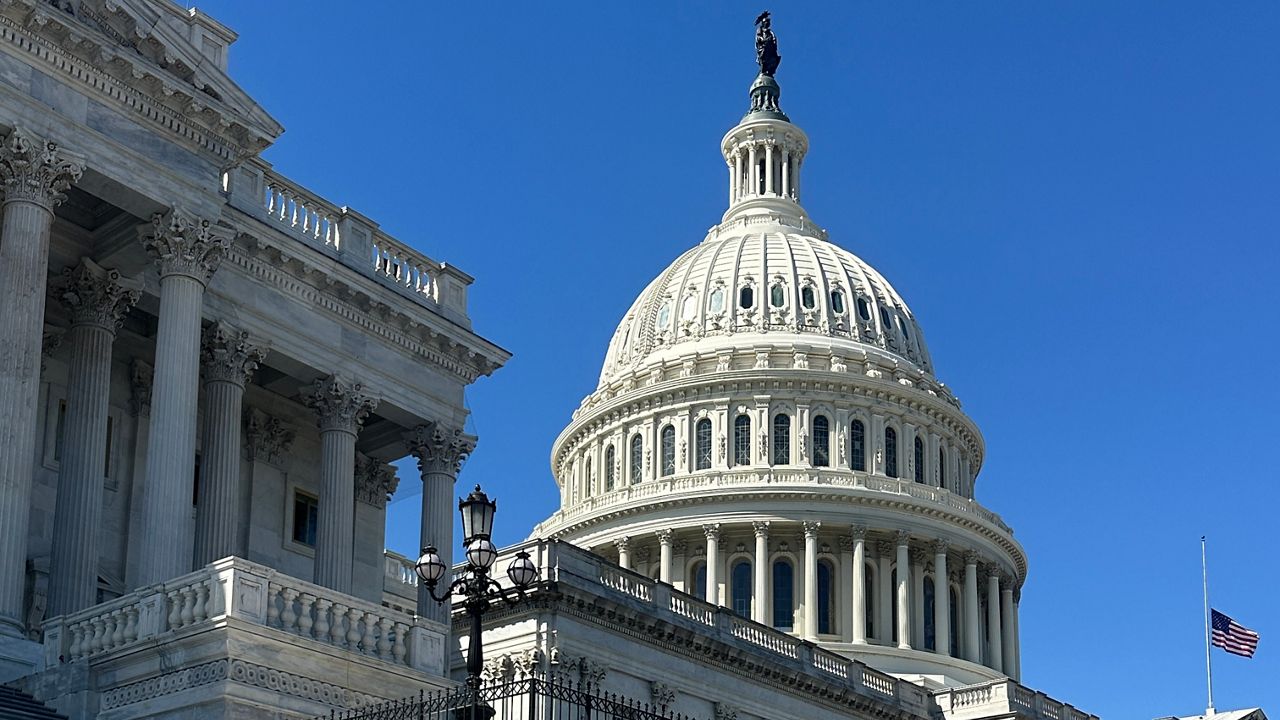FRANKFORT, Ky. — Kentucky Gov. Andy Beshear on Tuesday signed an executive order allowing those meeting certain conditions to possess medical cannabis that was legally purchase in other states.
The executive order, announced and signed Tuesday afternoon, will take effect Jan. 1, 2023, Beshear said.
Beshear detailed 21 specific medical conditions that have to be met for someone to possess medical cannabis. The list of medical conditions includes cancer, multiple sclerosis, post-traumatic stress disorder, muscular dystrophy or a terminal illness. To obtain medical marijuana under the executive order, individuals must follow these guidelines:
- Cannabis must be bought in the U.S. in a state where the purchase is legal and regulated. Kentuckians will need to keep their receipt.
- The amount a person can purchase and possess at any one time must not exceed 8 ounces, which is the difference between a misdemeanor and a felony in Kentucky.
- Each Kentuckian must also have a certification from a licensed health care provider that shows that the individual has been diagnosed with at least one of 21 medical conditions. A copy of the certification must be retained.
“Kentuckians suffering from chronic and terminal conditions are going to be able to get the treatment they need without living in fear of a misdemeanor,” Beshear said. “With 37 states already legalizing medical cannabis and 90% of Kentucky adults supporting it, I am doing what I can to provide access and relief to those who meet certain conditions and need it to better enjoy their life, without pain.”
While he heralded the action as a huge step forward, Beshear said it's not a substitute for medical cannabis being fully legal under state law. "Let me be clear: today's actions are no substitute for significant legislative action," Beshear said. "No one should feel like a criminal when they can legally purchase this in another state and bring it back to our state."
The governor said he would work with lawmakers in the upcoming legislative session to push for "full legalization of medical cannabis" which he said would bring relief for those suffering, fuel job growth in the state and help Kentucky's farmers.
In a second executive order, the governor authorized the regulation of Delta 8 by the state. Delta 8 contains THC, but a lower level than marijuana. It is not considered a controlled substance in Kentucky or under federal law, and a court has ruled it legal in the state. In his news conference, Beshear said regulating Delta 8 could serve as a "template" for how the state could regulate medical cannabis, and prepare law enforcement and other agencies. “Right now, there are no checks on how it is packaged and sold. We must establish a regulatory structure to ensure that Delta 8 is sold and purchased safely in the commonwealth,” Beshear said.
Republican Attorney General Daniel Cameron responded to the governor's executive orders by issuing a statement saying, "Time and time again, the governor has attempted to bypass the policy-making authority of the General Assembly. Today’s executive orders regarding medical marijuana and Delta 8 are another example of his attitude toward governing. As always, he seems to relish ruling by decree instead of by the law."
Kentucky’s General Assembly is the sole and final policy-making body of this state and they must be allowed to have their say. We are reviewing these executive orders to determine next steps.Taking questions from the media, Beshear suggested that the authority for the executive orders comes from his pardoning power authority found in the state's constitution and that it would take a constitutional amendment to nullify his actions.
The executive orders come as a culmination of the work of Beshear's medical cannabis advisory committee, which spent the summary holding town halls and soliciting responses from around the state on medical cannabis. Beshear released a summary of the group's work at the end of September, which found that Kentuckians overwhelmingly approve of the use of the drug.










